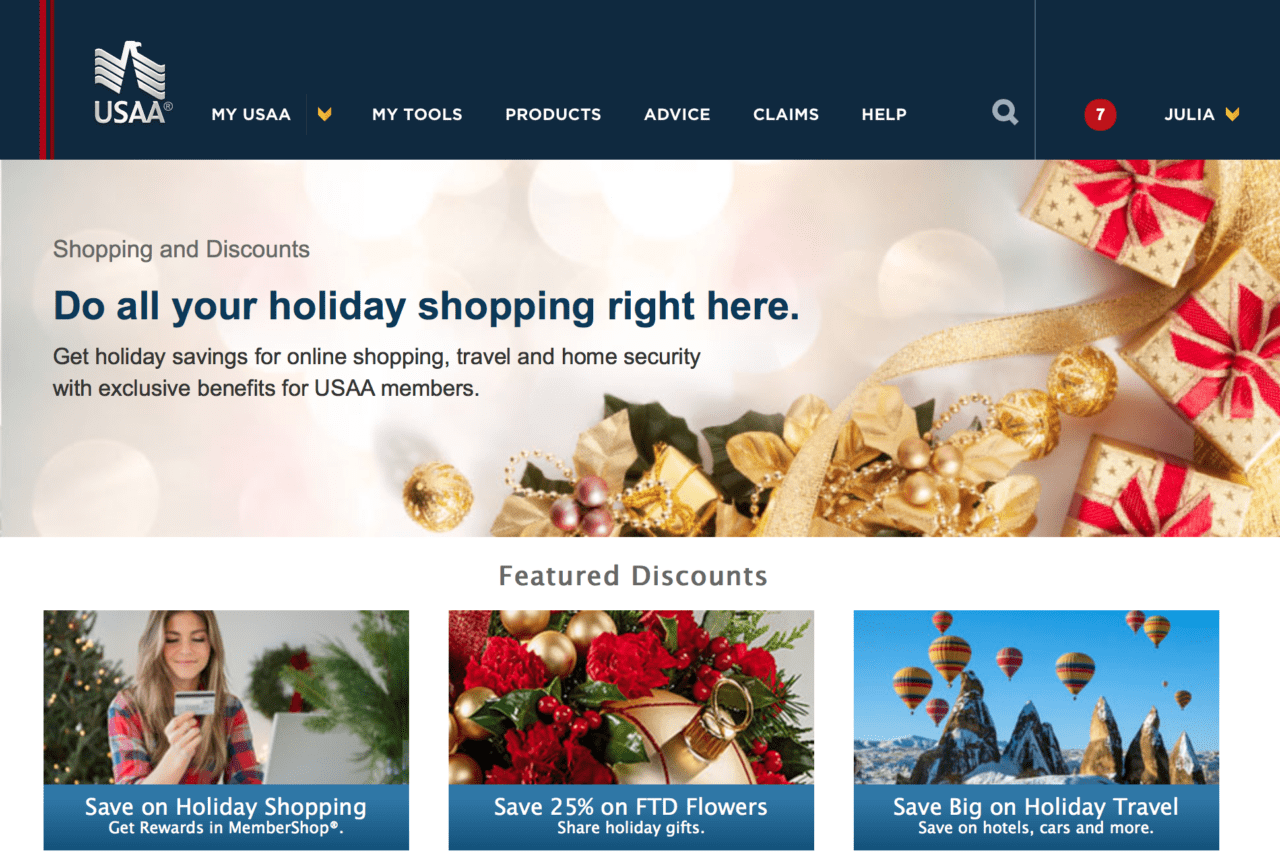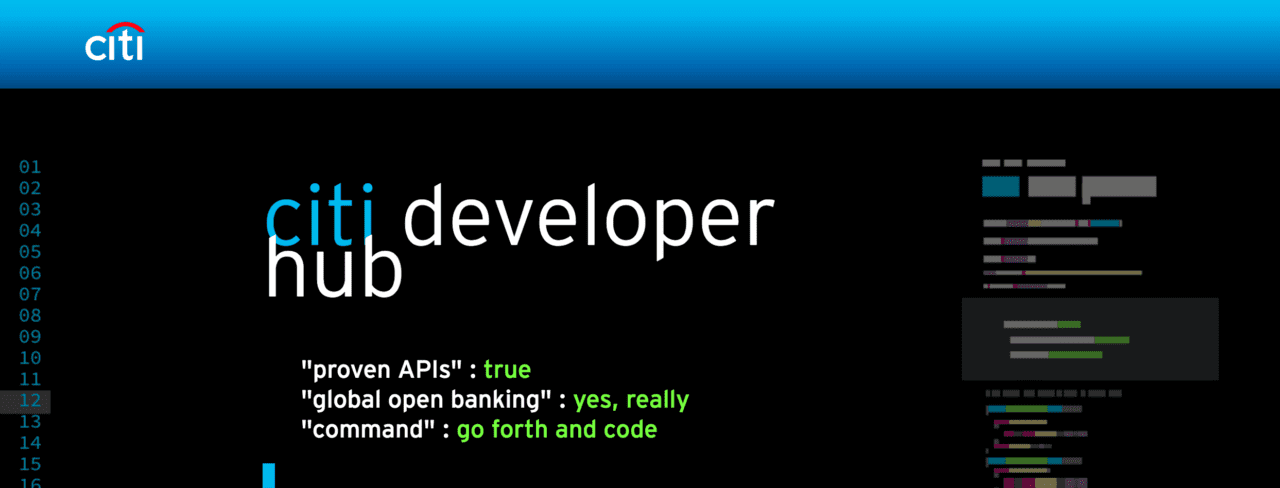It’s a developer’s world and we just live in it. Application programming interfaces (APIs) are not new to banking, but they are certainly becoming more accepted. It’s a trend we’ve seen across the financial services industry, and even incumbent players are getting into the game. Over the past couple of weeks, we’ve seen a stack of news indicating the demand for APIs is alive and well. Peruse online and hard-copy publications and you’ll find a lot of support for developers: see Citigroup’s launch of its developer hub; Dwolla’s (FS 2015) shift in focus from consumer app to becoming a platform; and the launch of Monitise’s (FF 2007) FINkit platform.
This is the end of the banks vs. startups era. Banks are now leveraging startups to help them compete against other financial institutions. The reason comes down to simple economics. In general, it is more efficient for a company to focus on its core competency and outsource supporting aspects of its product or service. (For a deeper dive into this concept, check out this episode of Freakanomics Radio.) J.P. Morgan CEO Jamie Dimon explained it best when he said, “There is stuff we don’t want to do, or can’t do, but now more than ever there is somebody else who can do it—and probably well. In order to take advantage of that, there has to be collaboration on both sides.”
Digging even further, this collaboration between banks and startups is also leading to a global trend of banks deepening their product lineup by offering a wider range of products and services. This new variety of offerings extends beyond the traditional scope of serving a client’s basic financial needs. Finextra recently covered a McKinsey study that explored how banks are beginning to offer fringe services that fall within the realm of insurance, retail services, and small business products such as bookkeeping and expense-tracking platforms.
 USAA positions itself as a one-stop-shop for clients’ holiday needs.
USAA positions itself as a one-stop-shop for clients’ holiday needs.
By plugging in third-party APIs to their website, banks can create a holistic ecosystem consumers will consult to fulfill multiple needs. By becoming a platform that offers consumers a range of services, banks can make themselves a go-to website or app and stay top-of-mind when clients are looking to purchase insurance, plan their taxes, search for travel deals, or buy a car. USAA exemplifies one-stop shopping fulfillment with its website’s tagline: “Do all your holiday shopping right here.”
